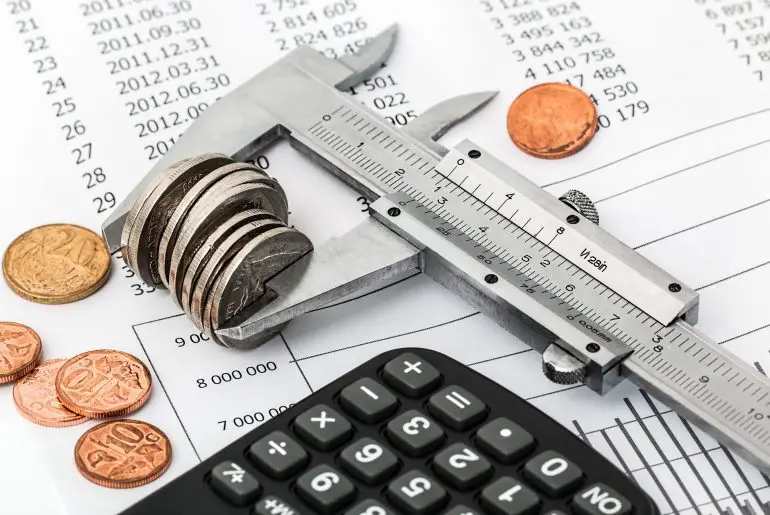A recent article in The Globe and Mail detailed the recent push by the Canada Revenue Agency (CRA) to undertake income tax audits on video game streamers, social media influencers, and online creators. This recent development follows the Internal Revenue Service (IRS) looking into solutions to mine social media data to potentially find tax cheats.
These audits focus on ensuring that social media accounts posting paid endorsements and sponsorships are accurately reporting their income. Given the large amounts of information available online posted by these influencers and creators, it’s fairly easy for tax auditors to prepare a reasonability test against the income reported and the number of ads, sponsorships, and endorsements undertaken by the taxpayer’s online business.
Contents
How to protect yourself against a tax audit
Keep current on your tax obligations
In case you become subject to one of these audits, it is important that you are fully compliant with all of your income tax filing obligations. See our income tax guides for Canada and the USA for more detail on filing deadlines and other tax obligations.
Report all of your income
Ensure that you are reporting your income from all sources, including from Google Adsense, free products and services received from companies, and any paid sponsorships. The reason for these audits is often a suspicion that you may not be reporting all of your income, when compared to the size and scope of your online presence and how much income one could be expected to reasonably earn.
Maintain documentation
Ensure you keep the documentation and receipts related to the income and expenses you are claiming on your tax returns. We recommend you keep these in a separate folder separated by year, and perhaps upload them to a cloud storage service, such as Google Drive, to ensure ultimate safekeeping and backups of these documents.
You should ensure you adequately document the purpose of expenses for which a direct business use may not be sufficiently clear to an auditor, such as with travel expenses. Travel expense records should be supported by documentation indicating where you went, for what reason, and how this expense benefitted your business.
It’s also a good idea to maintain a memo of any assumptions being used when filing your tax returns. These assumptions might include the percentage of your home that you are claiming business-use of home expenses for, supported by the square footage of your dedicated office space and the total square footage of your home.
Speak with a tax professional
In case of an audit, we recommended that you get advice from a tax accountant or tax lawyer experienced with responding to requests from your country’s tax authority. Advice from a qualified professional will often pay dividends in these types of situations, as it could be the difference between a favorable ruling or an unfavorable ruling on the outcome of your audit.




